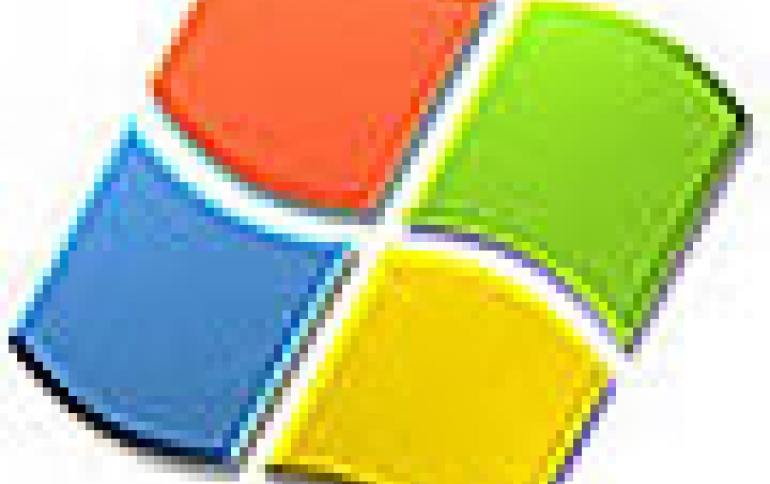
Details of Microsoft antivirus software leak out
An executive of Microsoft in France divulged on Wednesday some of the software maker's plans for its highly anticipated entry into the antivirus software market.
A standalone antivirus product will be built from tools the company inherited through its 2003 acquisitions of GeCad and Pelican Software, according to a report published in ZDNet France, citing the technical head of Microsoft's security project in that country, Nicolas Mirail.
Microsoft representatives in the United States refused to comment on functional elements or a potential production time frame for the antivirus package.
However, Mirail said the Microsoft antivirus software will utilize two different means of detecting destructive files, the first of which will reference a regularly updated list of known viruses to check for potential infections. The second antivirus tool will analyze computer systems to assess whether they have been hit by a virus in the past and attempt to give end users an idea of how at risk their computers might be for future problems.
The executive indicated that the antivirus package will not come with firewall security software but said a firewall would be built into the company's Windows XP operating system when Microsoft delivers its Service Pack 2 update. Mirail said the product would work with both Windows XP and the Longhorn release of Windows.
Microsoft representatives denied that Mirail's comments released previously unknown details, but the company has offered little information publicly about its antivirus plans. Microsoft has been rumored to be seeking a high-profile acquisition in that arena, and security specialist Network Associates was said to be on the company's radar. Earlier this month, another European security executive at Microsoft said the company's antivirus plans remain in their early stages, including the integration of the products it has amassed via acquisition.
When Microsoft purchased GeCad, which is based in Bucharest, Romania, it positioned the acquisition as the next step in its Trustworthy Computing initiative, a move aimed at securing what Microsoft estimates are the nearly two-thirds of Windows users who don't have up-to-date antivirus software on their computers. The company said at that time that it might launch a paid-subscription service for Windows users.
The latest virus to wreak havoc on the Internet was MyDoom.M, a new variant of the prolific worm, which came to life Monday and quickly snarled Google and other search sites. Though the latest version of MyDoom did not target Microsoft products specifically, as many other viruses have, it hosted an ancillary, or "backdoor," infection programmed to launch a denial-of-service attack on the software maker's Web site.
From ZDNet





















